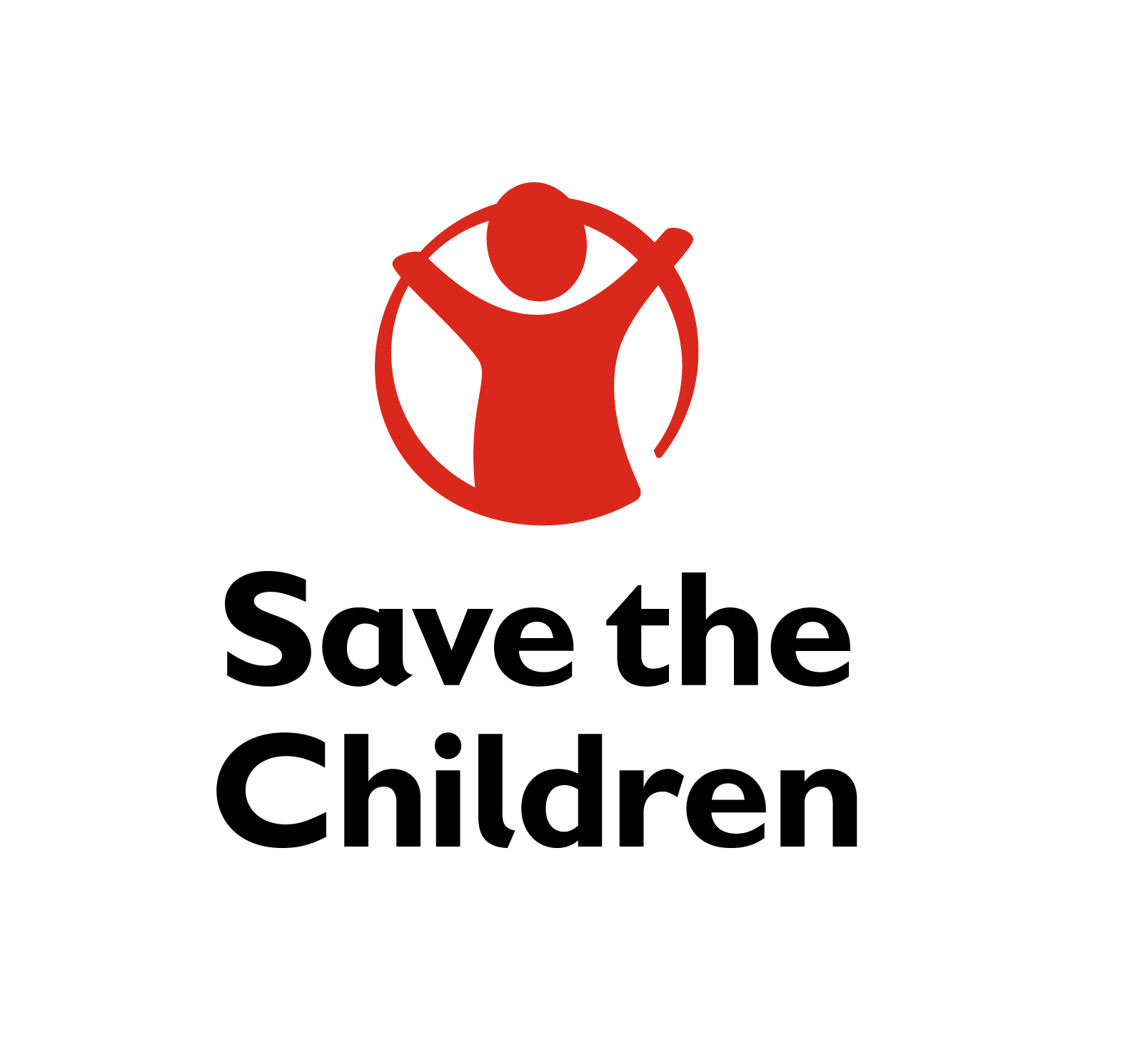Save the Children Fiji’s Chief Executive Officer, Iris Low-McKenzie says that the current statistics from ODPP indicates there is a growing epidemic of sexual offending against children in Fiji.
The recent statistics released by the Office of the Director of Public Prosecution (ODPP) for March 2019 alone, indicate that over 60% of sexual offences were perpetrated against children under 18 years. The ODPP recorded 19 cases of sexual offences to victims under 18 years including 14 rape cases, nine cases of sexual assault, one case of abduction with the intent to have carnal knowledge and one case of attempted defilement.
Ms. Low-McKenzie highlighted that “the figures and the growing trend of sexual offending against children were disturbing, particularly as in many cases the perpetrators are either known or related to the child. In 2018, 123 out of the 195 cases involved children as victims. We are failing our children who need to feel safe and protected in their homes and environments. As a country that prides itself on its religious and cultural values that is aimed at protecting children, these glaring statistics shows these values are fast disappearing especially when such offences are committed in the homes by close family members.”
“We often remind the public that children’s welfare is everybody’s responsibility and we need to work together to ensure children feel safe, protected and are treated with love and care.” Ms. Low-McKenzie emphasised
Sex crimes against children are on the rise and this is now a documented reality, with the increase in reported cases in the media and by ODPP. More needs to be done to address this issue. While Save the Children applauds the increase in sentencing tariffs on sexual offences against children including the recent High Court decision that imposed a life sentence on a perpetrator of serial child rape, we must continue to have stronger conversations in our families, churches, traditional communities on this issue.
“One of the challenges of sex crimes is the culture of taboo when it comes to talking about sex and this must change. Of wider concern is that more and more we hear of these cases being reported, we are starting to think that it is a norm and we need to ensure that there is no apathy towards this issue. The cases now in the public domain are the tip of the iceberg. It is impossible to know how many cases go unreported every year. Many of these happen within the family.
We need a holistic approach to ensure our homes are safe for children and one step toward a solution for what has become a national problem could be as simple as educating families about the issue.
“Sexual violence and abuse of children not only affects the survivor but also impacts on other issues, such as child and parent relationships, student and teacher relationships, relationships between children amongst one another and gender relationships. This also affects societal relationships so we must address this matter with urgency now if we say that children are our future” says Ms Low-McKenzie.

